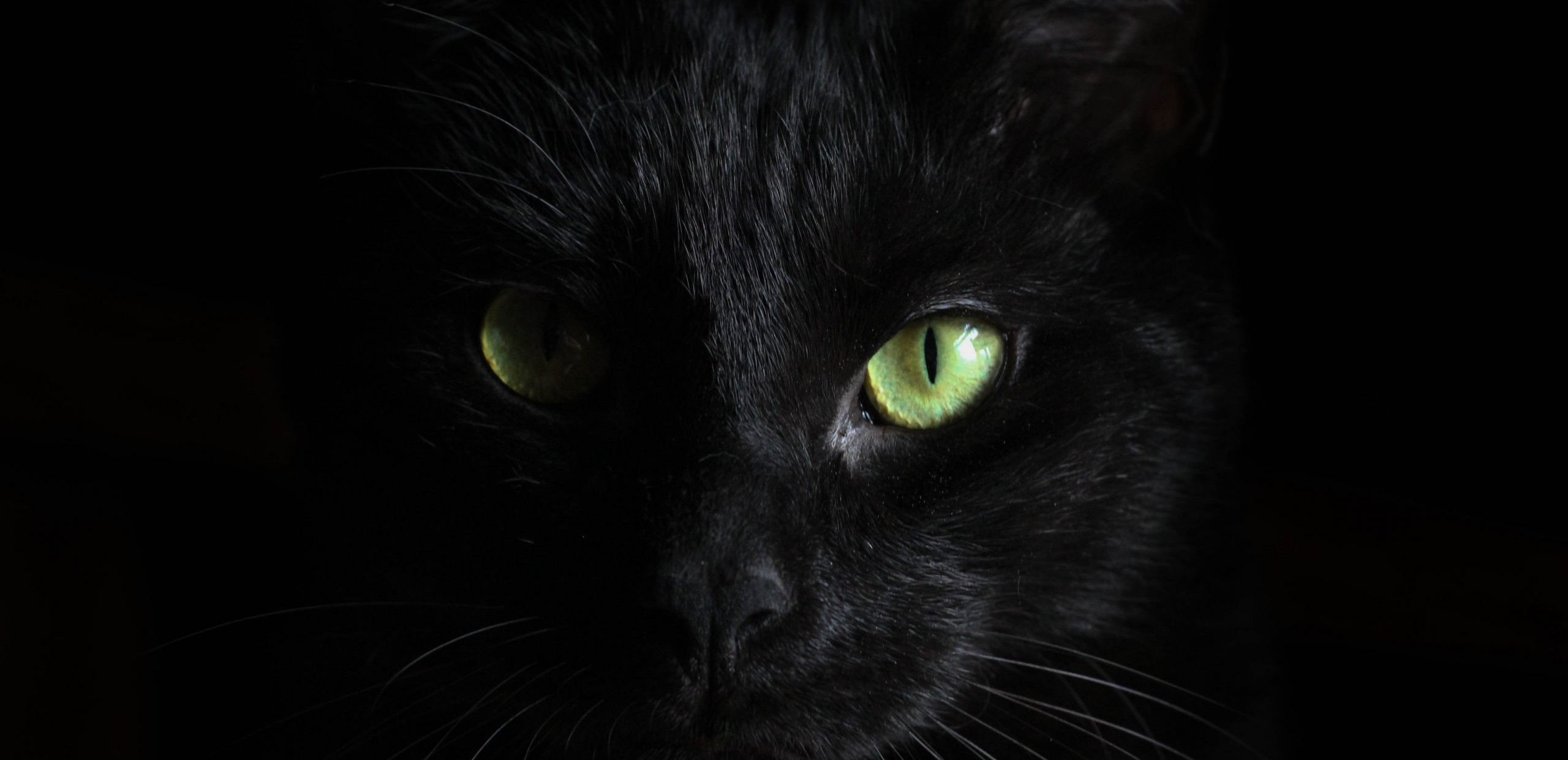As if a pandemic wasn’t enough to get through in 2020, today is Friday the 13th!
There is even an official name given to the fear of the number 13: triskaidekaphobia. Fancy another long word? There is a also a name for fear of the day specifically: paraskevidekatriaphobia. Pronouncing that word is far scarier than the day could ever be.
Origins of the Western superstition vary from Norse myths of murder at a dinner party to 13 individuals at the Last supper, the night before Jesus’ crucifixion.
But don’t get too spooked just yet… There is no real statistical evidence that ’13’ is really unlucky, but that hasn’t stopped some from trying to prove otherwise.
The British Medical Journal published a study in 1993 that claimed “The risk of hospital admission as a result of a transport accident may be increased by as much as 52 percent on the 13th.” The Journal admitted that the study used numbers “too small to allow meaningful analysis”. Basically, they were just poking fun at our superstitious ways.
British researchers looked at car accidents on a section of London’s M25 motorway between 1990 and 1992 on Friday the 13th. The researchers found that accidents generally fell on this supposedly unlucky day.
Our triskaidekaphobics out there can breath a sigh of relief.
For airlines, however, its consequences are very much real, but not how you would expect. Due to the fear that comes with the fated day, terrified travellers may avoid flying on Friday the 13th, meaning airline companies often have to drop their prices to encourage revenue. Travel company Kayak found that flight prices for January 2017 on the foreboding day were up to 44% cheaper. Lucky for some, it seems (those brave enough to take to the skies).
It seems like there’s not much to worry about after all. If you see a tall man in a hockey mask with a machete though, I would probably play it safe this Friday the 13th, and steer clear.
